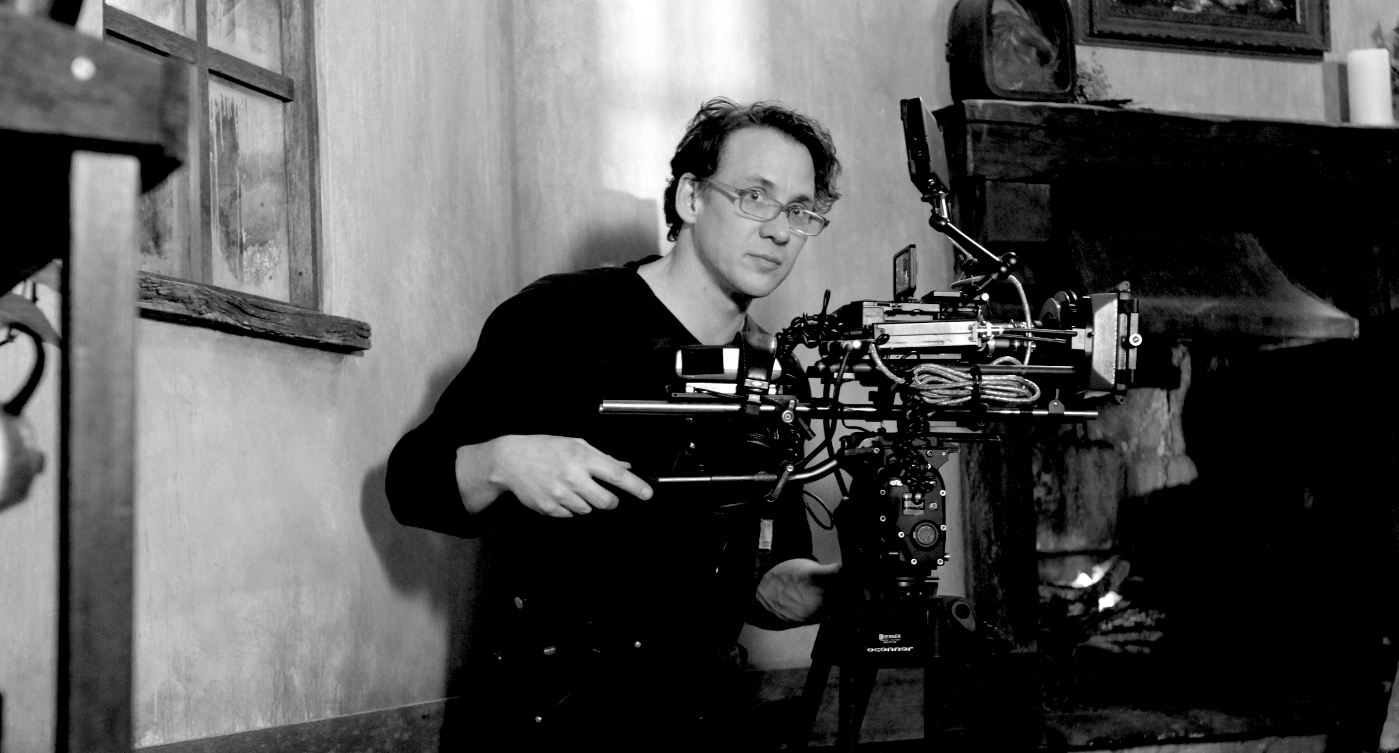Name: Scott Tebeau
City: Tacoma
Describe your work: I am a filmmaker. I got my start in special effects makeup and shortly thereafter expanded to screenwriting, producing, directing, shooting, and editing.
Years in the industry: 27
Why is Washington State a great place to film?
The diversity of ecological landscapes in Washington is astounding. The natural environment would meet the needs of almost any production. This is a great asset for local filmmakers that could also be leveraged to bring out-of-state productions to Washington.
Further, the creative culture of Washington is unlike any other. Musical and technological giants have made their homes here and greater support for the film industry could propagate a similarly world-class filmmaking community here as well.
What do you enjoy most about the work that you do? About being on set?
Producing a film requires a broad range of skills and extensive collaboration. It is thrilling to meet the complex challenge of realizing a single artistic vision through the combined sweat and creative camaraderie of a dedicated crew.
How has the incentive program played a part in your career growth?
The presence and strength of the incentive program will determine the resources that are available to me (and all other local industry professionals) to produce content and hire in-state. This will be vitally important to me moving forward, as I am establishing a film company, Index Pictures, in collaboration with three Tacoma-based colleagues. We are currently developing our first project, a feature-length film. This is also the first Washington-based project that I am producing.
What would you like legislators to know about the incentive renewal?
The Washington film industry has the potential to be much more economically fruitful than it currently is. For example, Georgia’s film and television industry, which is supported by a strong state-level tax incentive structure, infused $6 billion into the economy in FY 2015. An important first step toward expanding how film serves Washington is to keep existing support for film production and renew the Motion Picture Competitiveness Program (MPCP) in 2017. In the future, I would like to see better tax incentives and opportunities for growing independent film companies that use smaller grants to make high-impact films.
What would happen with your film career and life if it were to go away?
If the incentive program is not maintained, that could severely hamper my ability to produce local films. It may mean relocating to a state with a stronger incentive program.
